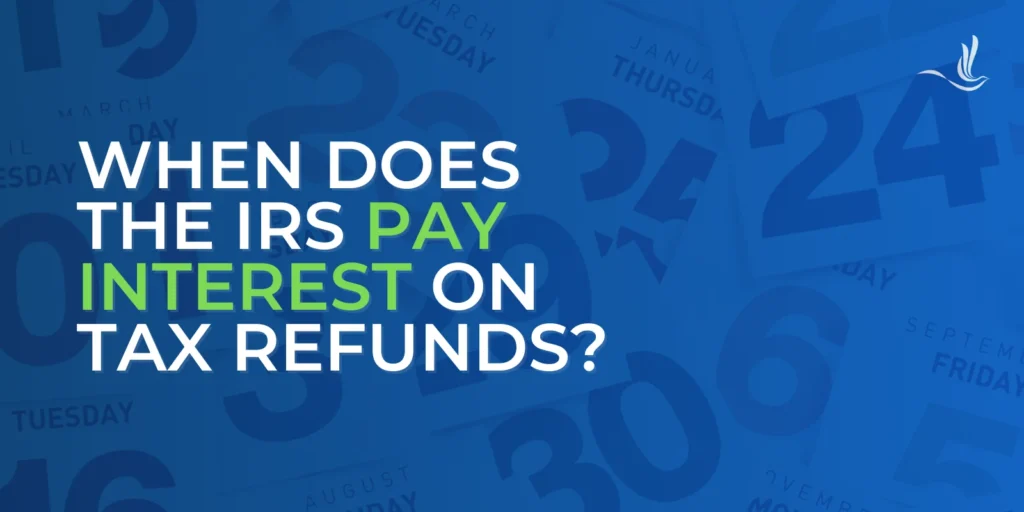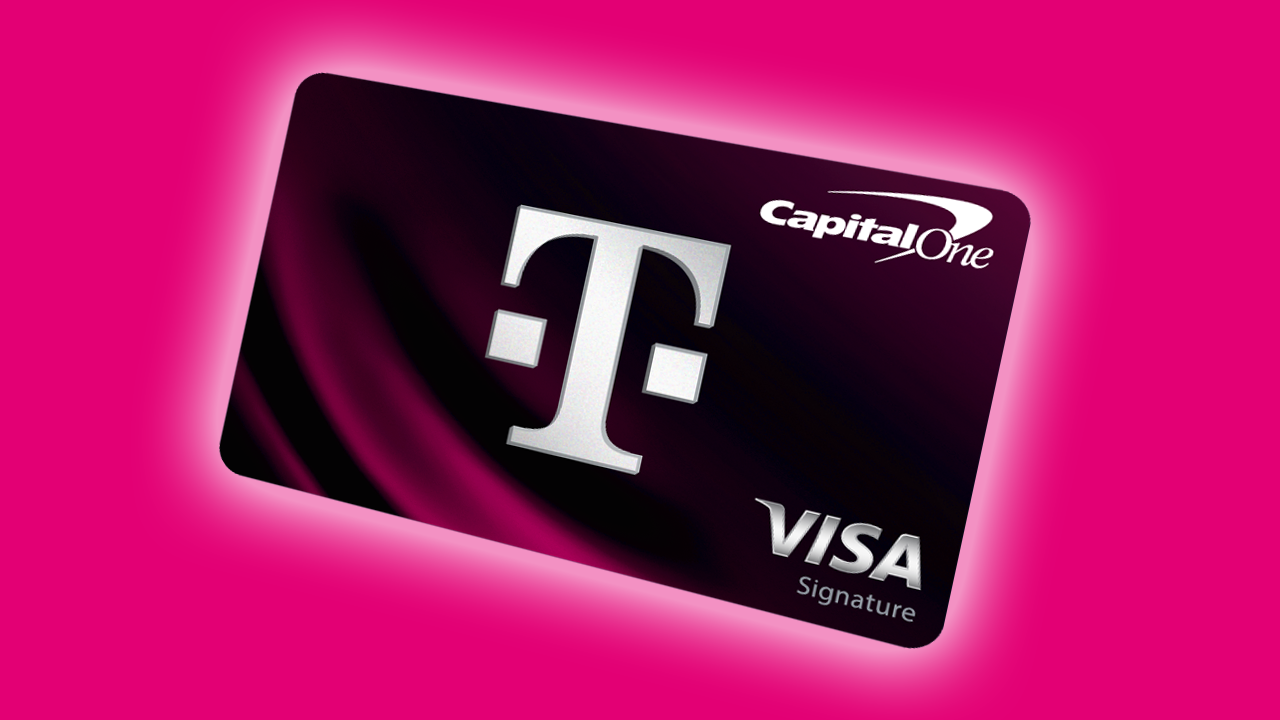Disclaimer: Information in the Business Financing Blog is provided for general information only, does not constitute financial advice, and does not necessarily describe Biz2Credit commercial financing products. In fact, information in the Business Financing Blog often covers financial products that Biz2Credit does not currently offer.
If you’re new to small business loans, you might assume that the loan terms for your business that a bank or online lender offer you are set in stone.
So, if you’ve received an offer that discouraged you because it didn’t quite meet your business needs, you’ll be glad to learn that, like everything else, business loan terms are negotiable.
Understanding this is the key to securing funding that is favorable to you and your company.
In this article:
Understanding Key Loan Terms
The first rule of any negotiation is that you have to know what you’re talking about before you start. Top small business lenders are experts at their field and negotiate about their financing options every day. Meanwhile, this might be the only loan you negotiate all year, so it is important to understand how a lending negotiation will work.
Unless you grasp key terms that may be discussed and have a clear understanding of how a business loan works, you won’t be able to negotiate business loan terms effectively. Each of the following terms can have a substantial impact on the cost of your loan and your business’s financial strategy:
Loan Amount: This is the initial lump sum amount you are borrowing. Note that this is different than the total amount that you will pay back. For example, if you take out a $50,000 business term loan, the loan amount is $50,000, but because you are borrowing with interest, you will pay back more than that over the life of the loan. When deciding on a loan amount, be sure to carefully assess how much you need to avoid over-borrowing or under-borrowing.
Repayment Term: The period over which repayment will occur is called repayment term. Terms can be either short-term (a few months) or long-term (several years). The length of your repayment term affects your monthly payment amounts and total interest paid over the life of your loan.
Interest Rate: The interest rate is the cost of your loan. A corollary term is “annual percentage rate” (APR), which refers to the interest rate plus any fees and origination costs that will be rolled into your payments. Understanding the factors that influence interest rates can help you with your business loan negotiation.
Origination Fees: Origination fees are the loan processing fees charged by your lender. Some lenders may be firm on their origination fees, while others may leave room for negotiation if you have a strong credit profile and application.
Repayment Schedule: The repayment schedule defines how often you have to make payments on your loan. For example, payments might be required monthly, bi-weekly, or even weekly.
Interest-Only Period: Some loans may have an interest-only period at the start of the term. This reduces your payments (since you aren’t paying down the loan right away) up front, allowing you time to ramp up your operations and put the loan amount to good use before having to make full payments.
Preparing for Business Loan Negotiation
Preparation is the key to successfully negotiating more favorable terms on a business loan for small business. Here are a few tips to help you improve your negotiating position:
Know Your Business’s Financial Health: Lenders will scrutinize your financial statements, so it’s important to have them in order. Make sure you are prepared with current financial records, including profit and loss statements, balance sheets, cash flow statements, and financial forecasts.
Understand Your Credit Profile: Your credit score and history play a significant role in determining the business loan terms you will receive. Before you apply, check your credit report for any discrepancies and work to resolve them. You should also avoid opening any new accounts, including new business credit cards, as that can negatively impact your score. If you have bad credit need to improve your score before applying for a loan, work on strategies to do this and communicate them to your lender so they can see that you are taking responsibility and working towards solutions.
Research Market Rates: When trying to negotiate business loans, it’s helpful to know what other lenders offer. Don’t just go with the first lender that you come across, reach out to several and compare terms. Even if you don’t go with them in the end, it gives you information that can be useful when negotiating better terms. You also don’t want to be negotiating in a way that is completely disconnected from reality. For example, if interest rates are generally 10%-11% for a government-backed loan, it’s unlikely that you can negotiate for a lower rate than this benchmark. Even the best business lenders can’t change the price of capital in the economy: that’s the job of the Federal Reserve.
Write a Strong Business Plan: A well thought out business plan shows that you are a savvy businessperson who is serious about using small business financing for a clear purpose. Your business plan should include detailed financial projections outlining how this loan will help your company succeed, and also how your cash flow will enable you to pay it back on time.
What Business Loan Terms Are Negotiable?
When looking to negotiate more favorable loan terms for your business, it’s helpful to know where you may have more room for maneuvering, and where lenders are usually less flexible. Business term loan negotiation is all about knowing who you’re negotiating with and how to approach negotiation tradeoffs. Here are some key terms to consider:
Interest Rates: Interest rates are often non-negotiable, especially with traditional lenders who have clear guidelines in place that can’t be moved. But if your credit history is solid, you may get a slightly lower rate by submitting competing offers from other lenders and by making a compelling business case based on great credit and years of on-time payments.
Loan Amount and Repayment Period: These terms are typically more flexible. If you need a larger loan amount than a lender initially offers, or if you prefer a particular repayment term length, clearly state your needs and explain why these terms are advantageous to both you and the lender. For example, you may only need a short-term loan, but you’re willing to pay a higher interest rate.
Origination Fees: Origination fees might be reduced or waived by some lenders, particularly for top candidates or those borrowing large amounts of money. In your negotiations, don’t hesitate to ask for lower charges on them.
Repayment Schedule: Lenders often have more flexibility here. Ask if monthly payments do not match up with your cash flow, whether you could switch to bi-weekly or weekly schedules. By doing so, this would enable you manage cash flows better hence avoiding defaults in payment.
Interest-Only Periods: For early-stage businesses such as yours, an interest-only period could be used to preserve cash flow. Although this option may not always be available, it is worth asking about especially if there is a compelling reason that it would enhance your business operations.
What types of business financing can I negotiate terms for?
It doesn’t matter what type of financing you’re looking for, there’s a good chance you can negotiate some of the terms if you know how to approach the process. Here are a few common types of business financing:
SBA loan: SBA loans are loans from traditional banks or online lenders, but they are backed by the U.S. Small Business Administration (SBA), reducing the risk of default for banks, which can result in more favorable terms for small business owners. Common SBA loans include the SBA 7 loan and SBA microloans.
Commercial Real Estate Financing: CRE financing is used when purchasing or refinancing buildings and real estate for business purposes. The amount of money received for a CRE loan typically depends on the value of the property you are seeking to finance/refinance.
Business Line of Credit: Similar to a credit card, a line of credit is a type of business lending that lets your business qualify for a set amount of financing, then draw on that amount as needed, while only paying interest on what you use.
Equipment Financing: A type of financing that can be used to purchase vehicles, equipment and supplies.
Merchant Cash Advance: This financing option lets a business receive a lump sum of cash in exchange for a percentage of future credit card sales.
Invoice Financing: With invoice financing, your business sells outstanding invoices to a lender at a discount for a lump sum of cash. The lender then receives the full invoice payments from the business’ customers.
Business Term Loans (or Traditional Bank Loans): This is the standard term loan that deposits a set amount of cash in your bank account in exchange for repayment plus interest over an agreed upon amount of time.
Remember that in addition to the type of financing, the type of lender will change your options for negotiating loan or financing terms.
Strategies for Negotiating Business Loan Terms
- Build a Relationship with Your Lender
For some small business owners, banks and financial institutions may seem like faceless entities, so you might assume that there’s no way to build a meaningful relationship with your lender. The truth is, business banks often prefer to do business with people and companies they know and trust, so building a relationship with your lender can be a smart business move.
To build a relationship with a lender, start by communicating regularly. Reach out and let them know you’re considering financing and let them present you some financing options. It’s also okay to be honest about challenges you’re facing, whether it’s a low credit score, a new market threat, or something else. Lenders are more likely to work on favorable terms with you if they trust you and understand your business.
- Learn Key Business Negotiation Tactics
Negotiation is a skill, and there are people who make careers out of mastering it. Study the basic steps of negotiation and use them to strengthen your approach. The basic five steps of negotiation are:
- Preparation: Learn as much as you can about the lender, competitors, the market, and other business owners who have successfully negotiated terms.
- Exchange Positions: Clearly state your starting point and what you’d like to achieve through the negotiations, then listen as the lender does the same.
- Clarify: Make sure to ask questions, explain misunderstandings, and make sure both sides understand both where you are in agreement, and where you have a point of contention.
- Problem Solve: This is where you work together, each giving a little, to reach middle ground that is agreeable to both parties.
- Implement: Once you’ve reached an agreement, make sure that everything is in writing, that all follow-up tasks are assigned to the right people, and then you should be on your way!
This entire process could happen via email or a fairly short conversation, or it may be extended out over a longer period of time. However you go about the negotiation process, remember that your ideal terms need to be realistic and within the terms of what the market is offering.
- Be Willing to Walk Away
The strongest negotiating position is when you’re willing to walk away. If you are backed into the corner and need financing or you’ll lose your business, it’s going to be hard to negotiate favorable terms beyond what the lender is able to offer you up front. But if you’ve prepared, following the tips and steps already laid out, you’ll be able to negotiate from a place of strength because you have the freedom to walk away if you can’t land on the terms you need.
Conclusion
Negotiating loan terms for your business takes knowledge, preparation, and a strategic approach, but it isn’t something you should shy away from. If you’ve built a relationship with your lender, the act of negotiating your terms won’t damage the relationship or keep you from getting the financing you need. Done right, negotiating can be a trust building exercise that gives the lender a little more of an inside look at your business and puts you in a better position to explore your loan options with them over the long haul.
FAQ:
The repayment terms on a business loan can vary widely depending on your business’s qualifications and the type of loan you’re seeking. If you’re looking for a traditional amortizing term loan, you will often be paying a combination of principal and interest with payments scheduled either weekly, bi-weekly or monthly.
Loan terms vary widely, ranging from 1-2 years for short term loans up to 10-15 years for some longer loans such as SBA loans or a commercial mortgage used for commercial real estate (CRE). Usually, the amount of time you have to repay your business loan will vary depending on your business’s qualifications and the programs offered by the lender.
The ways you can use funds from your small business loan will vary depending on the terms and conditions that the lender has applied in their own loan program. In most cases, business loan proceeds can be used for most normal business expenses. However, check with your lender or business advisor regarding any specific loan terms that may restrict your ability to use funds – this can happen in some loan structures such as equipment financing. In general, if you want the most flexibility with your loan proceeds, ask your lender if the funds can be used to finance your business’s general working capital.
Yes, different types of small business loans or other business financing can have very different terms. Some financing products carry an interest-only period followed by a lump sum payment of principal. Others will have regular payments of principal and interest. Others will have flexible payments based on your business’s incoming cash flow (normally factoring agreements or cash advances). The type of business loan or financing will determine the terms available for that type of product.
A prepayment penalty is sometimes charged by a lender to protect their financial investment in a loan. This charges the borrower a fee for paying off the loan balance ahead of the schedule that was set at the time the loan was issued. For most business financing, the best online lenders will not charge you a prepayment penalty. Depending on the type of financing, you may also qualify for a prepayment discount off of a fixed-fee financing such as a cash advance or an invoice financing agreement.
Learn about the Biz2Credit financing process
Publisher: Source link











